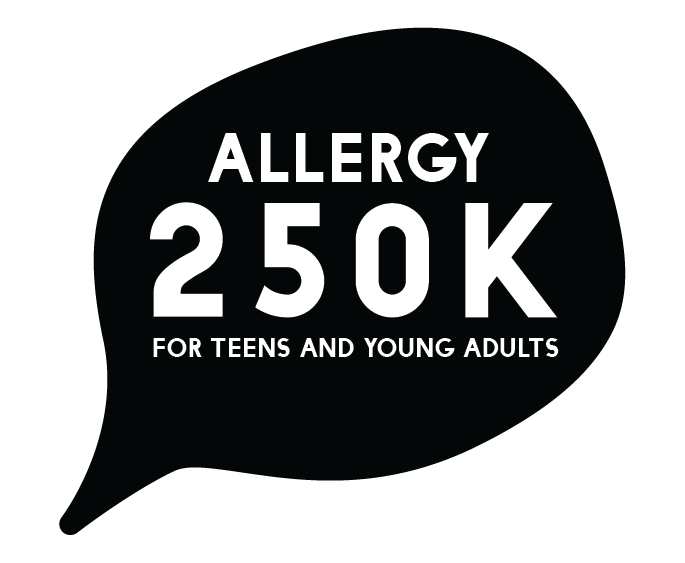
Happy Holidays!
The festive season is upon on. For many, this time of year brings about plenty of eating, drinking, and celebrating. For many with food allergies the holiday period can be difficult to manage as there is always SO MUCH FOOD around.
Here are some of our favourite tips and hints to help you manage this busy season.
Handling food offerings
At this time of year, creative (!) people often offer you foods they have made (i.e. cakes, biscuits, chocolates etc).
If you feel comfortable with the person offering you a baked treat – a close friend or family member – you could ask more questions about the food. Find out what ingredients are in it and how it was prepared. You could also ask to see the label of the product if it was store bought.
If you’re still unsure after speaking with the maker of the food, it’s best not to consume the food. Thank them for offering, and then politely explain that you have a food allergy and cannot eat that particular food.
TIP – if you’re attending a holiday function it might be a good idea to take a plate of food that you know is safe for you. Use a distinctive plate or container for your food item so that you can easily identify which food you brought. You may also want to consider having something to eat before you attend the function so that you’re not hungry if you are not comfortable with any of the food on offer.
Label reading
The festive season is a time of giving – and many like to give chocolates, lollies and biscuits to members of their families, friends or colleagues. Always check the ingredient labels of any food items you receive before consuming them!
The great thing about being given a box of chocolates, or a tin of shortbread is that there is no pressure to eat the food right then and there. You can take it home, evaluate the situation and if you’re unable to eat the food, pop it in the ‘re-gift’ pile.
For more information about reading food labels
Seasonal foods and hidden allergens
Christmas and other seasonal foods include many traditional family recipes. You should be aware that just because your family make a particular meal a certain way, does not mean another family will make it the same. Allergens can be present in almost anything – always be on the lookout and always ask about foods you have not made yourself:
Stuffing: tends to be bread-based, however can also contain other allergens such as nuts, fruits and seeds.
Christmas cake, pudding and mince pies: these foods generally play host to a whole range of allergens. Wheat, eggs, milk, nuts, spices and fruits can all be found in a traditional recipe. If this is a food you enjoy try to find a recipe that is suitable for you and make it yourself!
The same can be said for all Christmas cookies.
TIP – look for recipes online that are suitable for you to enjoy, bake up a double batch, freeze some and take the rest to your family Christmas for all to enjoy!
Marzipan and praline: traditionally a more European treat, however it has made its way over to Australia given the rise of an overseas retail grocery store. These products are made from tree nuts and are often found in a range of biscuits and other sweet treats.
Cranberry sauce: a sweet jam commonly eaten with turkey. Be aware that some cranberry sauce recipes can contain tree nuts and other fruits. If it’s a store bought sauce, always remember to read the ingredient label before consuming! If homemade, ask about ingredient content.
The same can be said for all other special sauces and gravies.
Our Tips:
- Consider how your family serve up Christmas lunch. Share plates, buffet style or do you dish up separately? After you have asked about ingredient content, serve yourself up first before everyone else digs in and you find food from one dish inside another!
(Editor’s Note: Our family usually serve up buffet style or from big share plates. We have separate utensils for all food items and my Dad and I (who have food allergies) always line up first and grab our food to avoid any cross-contamination.)
- Always have your adrenaline injectors (EpiPen® or Anapen®) and ASCIA Action Plan with you and let people know where they can find your medication in an emergency.
- Christmas Day is not a great time to be trying new foods. Stick with the things you know.
- Be aware that fruit punches, and other drinks typically consumed during this period (i. e. eggnog) can contain allergens too. Just because it is a drink does not mean you don’t check it for allergens.
For more information and ideas for managing the festive season
